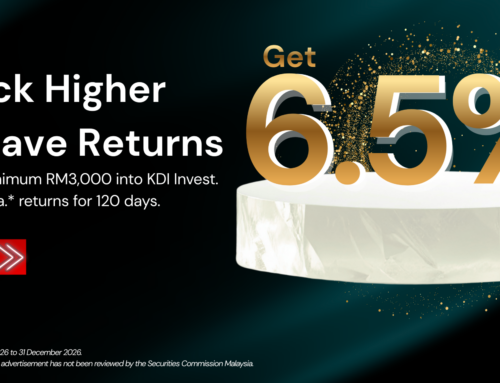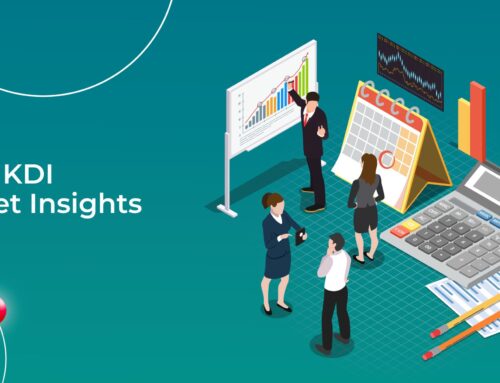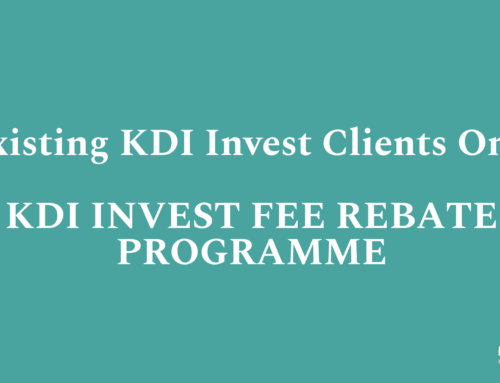Investing in Your 20s: 4 Major Financial Questions Answered
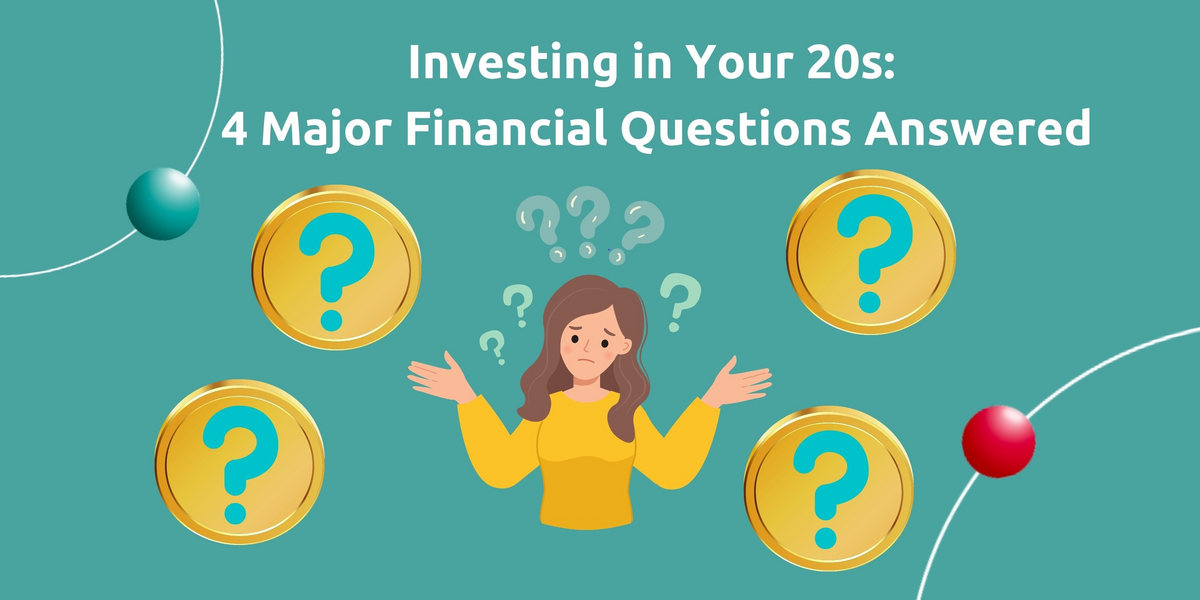
Your 20s is when you are beginning to earn enough to be independent – but the majority of your earnings are likely going towards rent, food, and utilities.
As such, you may wonder if you can afford to begin investing right now. Luckily, there are several options you can explore, even if your initial investment amount is small.
However, getting started can be intimidating when everyone around you seems to have an opinion about the merits of bitcoin versus fixed deposit accounts. Don’t worry; a look into the four major questions people have about investing will help you see that starting a portfolio is well within your reach.
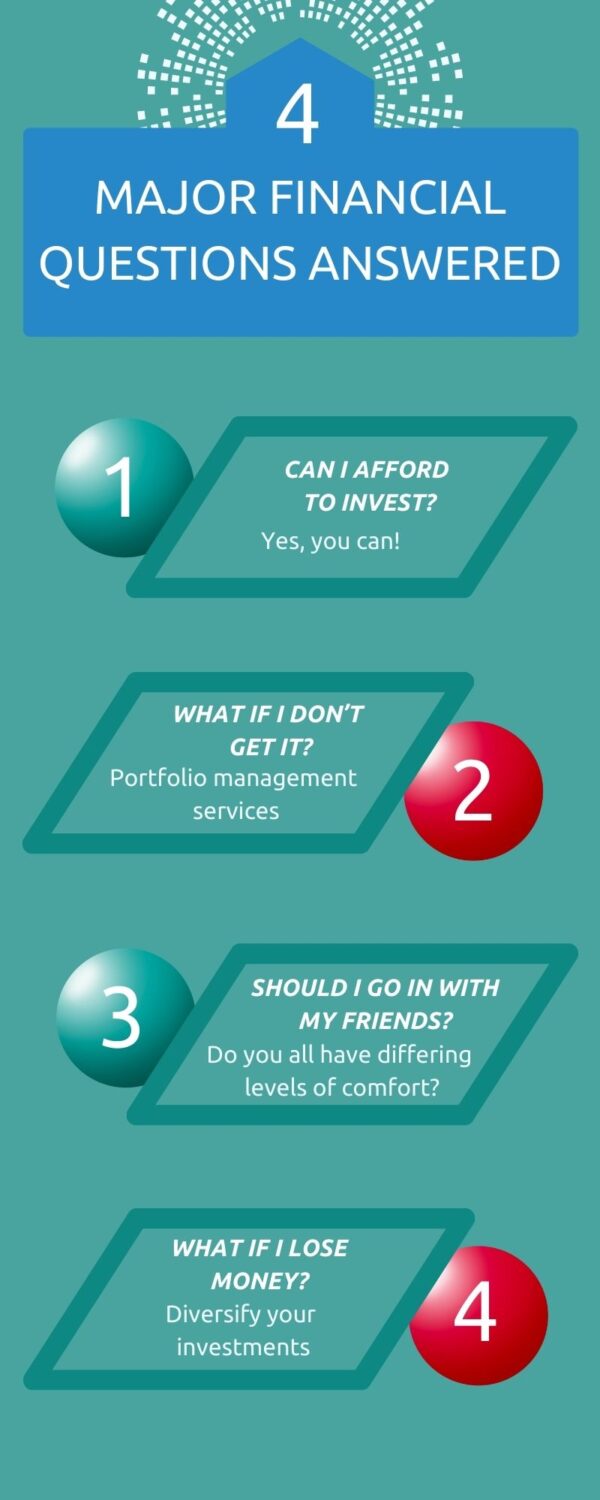
Question 1: Can I afford to invest?
Yes, you can! Even if you do not have your ideal starting amount immediately, you can – with some careful budgeting – save up towards an amount that you will be comfortable investing.
For example, if you find an investment product that feels right to you, you can target its minimum investment amount as your saving goal; this gives you a specific short-term goal – and achieving it will reduce a great deal of the uncertainty that you may have about investing.
There are several tools online that can help to create the right budget for you, such as these tools on Investopedia.
Question 2: What if I don’t get it?
The simple answer: if a lot of jargon is coming your way, chances are the person trying to sell you the asset doesn’t truly understand it either. YOU need to know how the asset performs so that you can make the right choices for YOU.
Some portfolio management services not only explain exactly where your money goes, but also help you choose assets that are in line with your risk profile. These are a great option for people who do not have the time to research every stock and unit trust out there.
Question 3: Should I go in with my friends?
You love your besties – and you know for sure that they’ve always got your back. So, when one of them speaks to you excitedly about a “foolproof money-making deal!”, you might feel like it’s a sure thing.
Before you start popping the Cristal, take a deep breath first. Emotion is hard to leave out of the equation when it comes to making investments, especially when it involves your pals – but you should always avoid emotion-based investing decisions.
Different people have different levels of comfort. Perhaps your friend likes long-term ventures with a significant time delay on returns – but you’re looking to buy a house before thirty; thus, you may need to make choices with a higher risk-to-reward ratio than your friend.
Question 4: What if I lose money?
You are trying to decide on taking a chance by investing a healthy chunk of the money you painstakingly saved – but are scared to lose it all.
Yes, the market can sometimes be volatile – but setting aside money specifically for investing leaves you emotionally prepared for any sudden dips. It will also keep you from bailing out too soon and missing out on the rebound.
Plus, because you’re young you have more time to ride out any market volatility. You can reinvest your profits back – taking advantage of compounding interest – and diversify your investments.
KDI has got your back
Investing in multiple products with customised risk profiles/projected returns is a good way to avoid the fear that all your eggs are in one basket.
Consider beginning with KDI Invest. This service can certainly help you answer those four questions:
● Question 1 – KDI Invest can get you started with a low minimum investment of just RM250;
● Questions 2 and 3 – the fully-automated Artificial Intelligence-driven robo-advisor invests in U.S.-based equity-traded funds (ETFs), carefully choosing the best mix that performs in response to different market conditions.
● Question 4 – the algorithm knows your risk profile and will make choices that align with your preferences.
You’re young and energetic – and since you’ve decided to start investing early, you can add smart to the list of adjectives! And with KDI Invest helping you out, you can focus on building your personal wealth for the long run.

